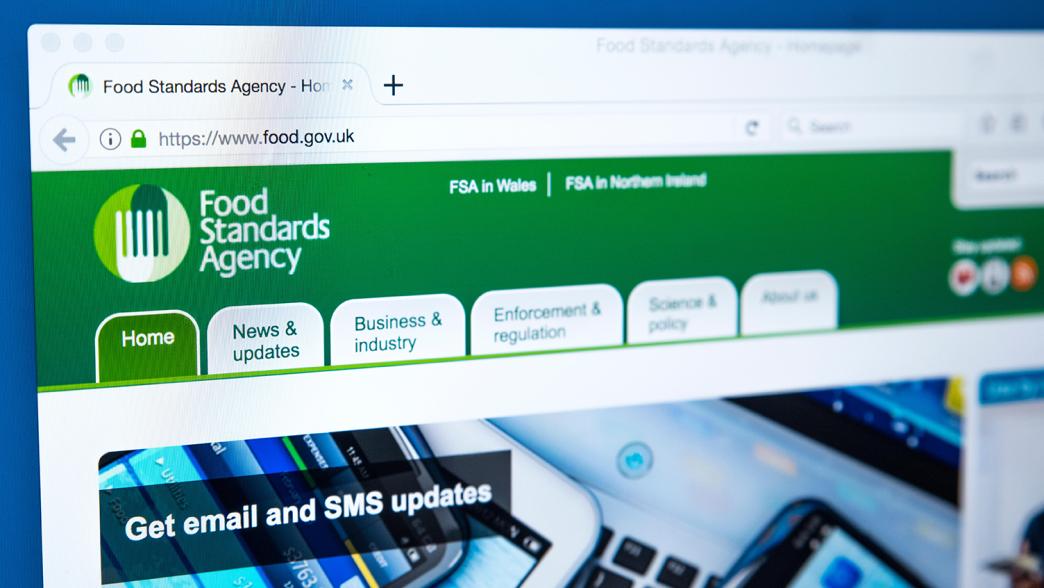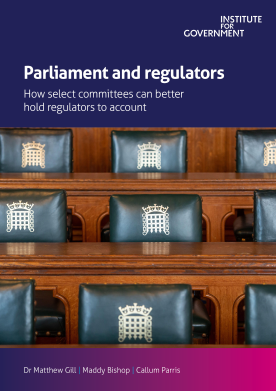A third of regulators haven’t been scrutinised by parliament – this needs to change
New IfG research sets out why parliamentarians are struggling to hold regulators to account – and what they could do better.

Energy bills and sewage are a reminder of the important role played by regulators – so more needs to be done to ensure they are properly scrutinised by parliament, write Matthew Gill, Maddy Bishop and Callum Parris
Parliament and regulators: How select committees can better hold regulators to account
The UK’s new post-Brexit regulatory responsibilities and powers are not matched by adequate levels of parliamentary scrutiny – with almost a third of UK regulators not scrutinised by parliament since the 2019 general election.
Download